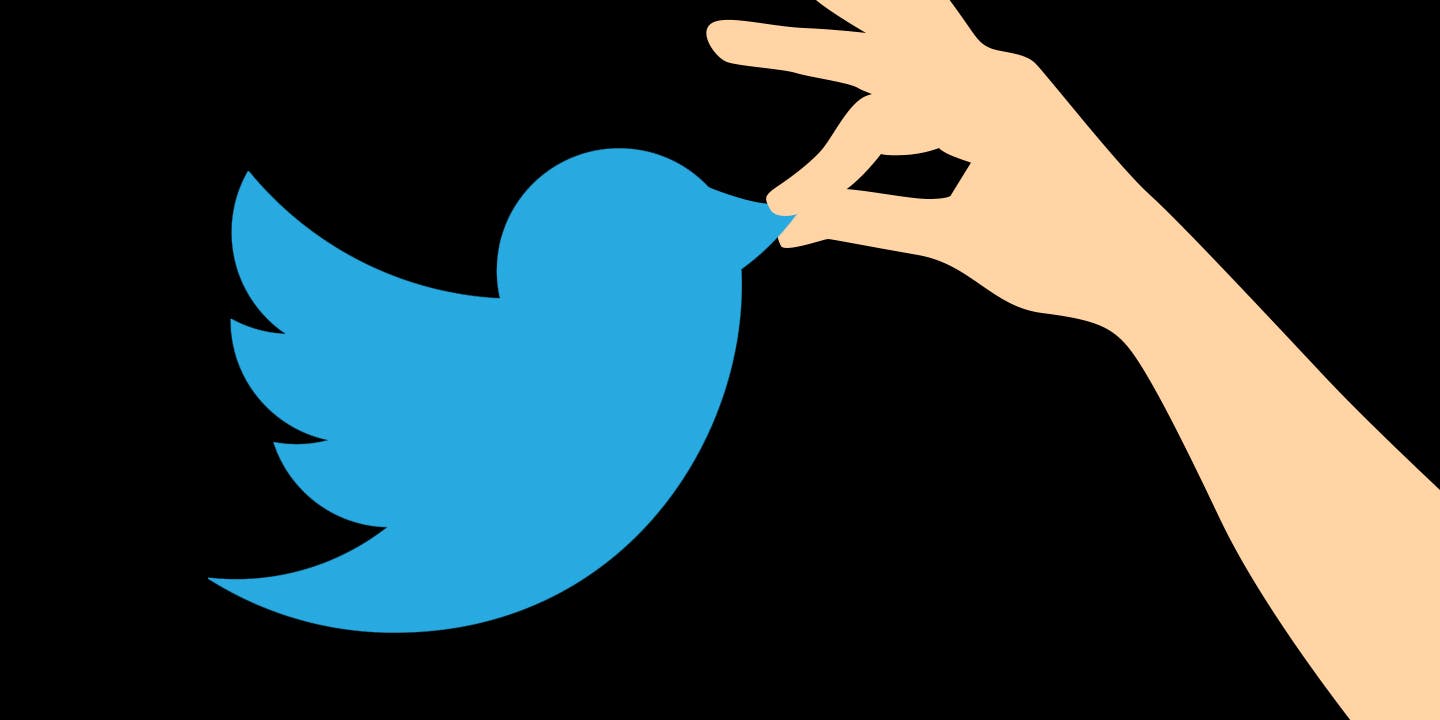On March 14, queer sex site Crash Pad Series (NSFW) noticed something peculiar about Twitter’s search bar. “Anyone else notice that Twitter is starting to restrict the (top) search results for ‘porn’ keywords?” the website tweeted.
https://twitter.com/CrashPadSeries/status/576932774839394304
Other users reported that terms like “revenge porn,” “vagina,” “bondage,” and “bbw” (Big Beautiful Women, a popular porn search term) all returned no top results on Twitter.
FYI: @twitter now returns no "Top" results for ALL searches w/ the word porn: No news tweets, no health, academic, literary or legal tweets.
— Violet Blue® (@violetblue) March 15, 2015
Ha, #50Shades has "Top tweets" but #bondage has none.
— Violet Blue® (@violetblue) March 15, 2015
@violetblue But #slavery has "Top Tweets", I contend non-consensual #bondage is far worse worse than #consensual #bondage.
— geeklabs.com (@meuon) March 16, 2015
@violetblue lol #bbw is also blocked. Does someone have a problem with big beautiful women o.0
— Cheryl Black (@Hushes) March 16, 2015
The censorship seems to only apply to the Top Tweets feature, which uses an algorithm to pull popular and much-retweeted items to the top of the list, according to Twitter’s FAQs.
Twitter’s move to censor adult images isn’t surprising in itself. Following Vine’s ban on adult content last spring, people in the adult industry have been speculating as to whether Twitter would eventually follow suit. And just last week, the social network revealed that it was taking steps to ban revenge porn, or “intimate photos or videos that were taken or distributed without the subject’s consent.”
But no one expected the network to start censoring random sex-related search terms, particularly because the company has made no official statement to this effect.
The block on search terms has baffled many Twitter users, who believe that the move to block search terms contradicts Twitter’s stated goal as a platform to promote free speech. Law and technology blogger Adam Steinbaugh, who frequently writes about revenge porn, was particularly irked that Twitter had blocked the term in its search bar.
@violetblue @twitter this is annoying. I used searches for "revenge porn" to monitor trends and what people I follow were saying about it.
— Adam Steinbaugh (@adamsteinbaugh) March 15, 2015
The Daily Dot reached out to Twitter for clarification about which terms are being censored and whether a new policy would be announced. We received the following response in an email:
“We recently made some changes to improve the algorithm that fetches the most relevant content for Top Tweets in search results. A bug was discovered that caused us to aggressively filter some content from Top Tweets inadvertently. We’re working to correct the issue.”
Regardless of the “bug” claim, all blocked terms appear to be sex-related. When I entered the female-centric search terms “pussy,” “vagina,” “cunt,” “femdom,” “bbw,” “boobs,” and “tits,” we found they were all blocked.
The Twitter bug also seems to censor terms that have nothing to do with sex or porn. A search for the widely discussed Russian activist group Pussy Riot, for instance, came up completely blank.
Strangely, the terms “dick” and “testicles” were not blocked, resulting in a flurry of extremely graphic photos. “Cock” was the only male-centered term that appeared to be blocked.
In a more disturbing discovery, we found that several terms that could be interpreted as sexualizing children were not blocked. They brought up nude (though not explicit) photos of small children and adolescents. “Naked selfie” also revealed a slew of photos, many of which could have been non-consensually distributed (aka revenge porn).
Searches for a wide variety of non-sexual terms, ranging from mild terms like “books” to more potentially inflammatory terms like “homo,” revealed zero traces of censorship.
If Twitter is instigating censorship of sex-related terms in order to protect victims, it’s unclear why “bondage” and “bbw” are blocked, while naked pictures of children circulate—even though these images likely violate federal child porn laws.
Whatever Twitter is currently up to, it’s a problem not only for reporters and researchers who regularly use the site to monitor public discourse and news by searching for specific terms—it’s also a huge deal for those who work in the porn and sex industries.
A March 16 post on Erosblog referred to the search term censorship as #pornocalypse and bemoaned the loss of “the only major adult-friendly social media” site.
Unless there really is a fixable “bug” resulting in sex-term censorship, Twitter seems to be joining the more puritanical ranks of Facebook, Instagram, and Vine, which have all instituted bans on pornographic content. It looks like social media in general is about to be a no-NSFW zone.
Illustration by Jason Reed





